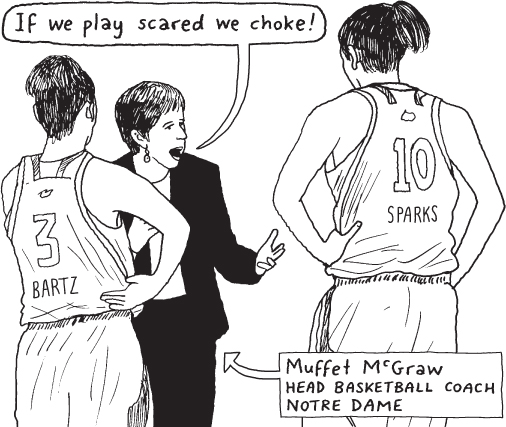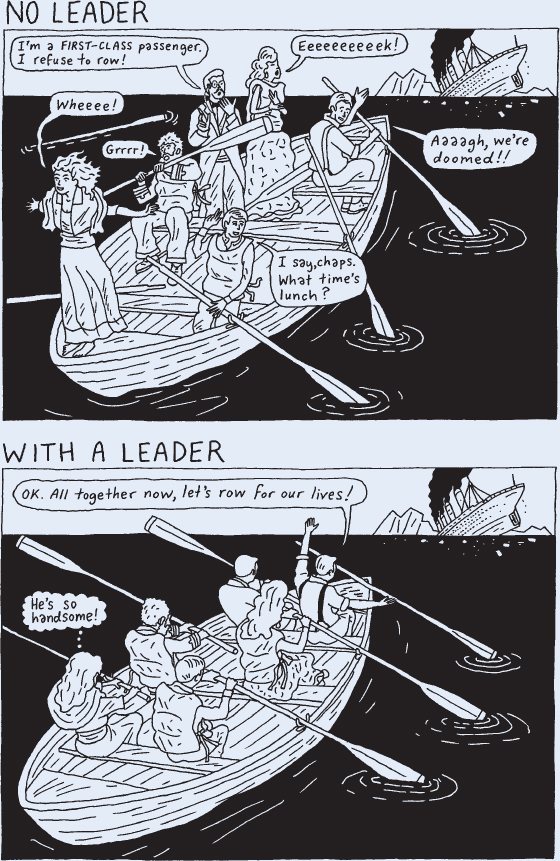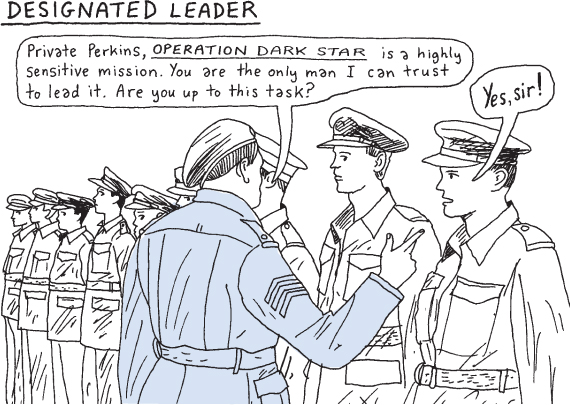Selecting a Leader
Printed Page 624
Groups gain leaders in various ways. Sometimes an external authority selects a designated leader to help the group move quickly forward with its mission. For example, a mayor may appoint a blue-ribbon committee to investigate ways to improve mass transit, designating a leader to guide the inquiry. Or an army lieutenant who needs to send soldiers on a reconnaissance mission may designate a leader from the group of troops selected.


In other situations, there may be an implied leader, someone with preexisting authority or skills particularly well suited to the task at hand though not formally assigned the role. For instance, a marketing manager may decide to form a task force to evaluate her company’s advertising strategies. At the task force’s first meeting, she’s the implied leader because she formed the group.
In still other situations, a group may have an emergent leader, one who comes to be recognized as a leader by the group’s members over time. Though not officially elected or even named as such, an emergent leader usually comes to assume the role because he or she has the most time to commit to the group, demonstrates exceptional competence and goodwill, or simply takes the initiative and starts leading. Juan and Jenny did this for HELP.



